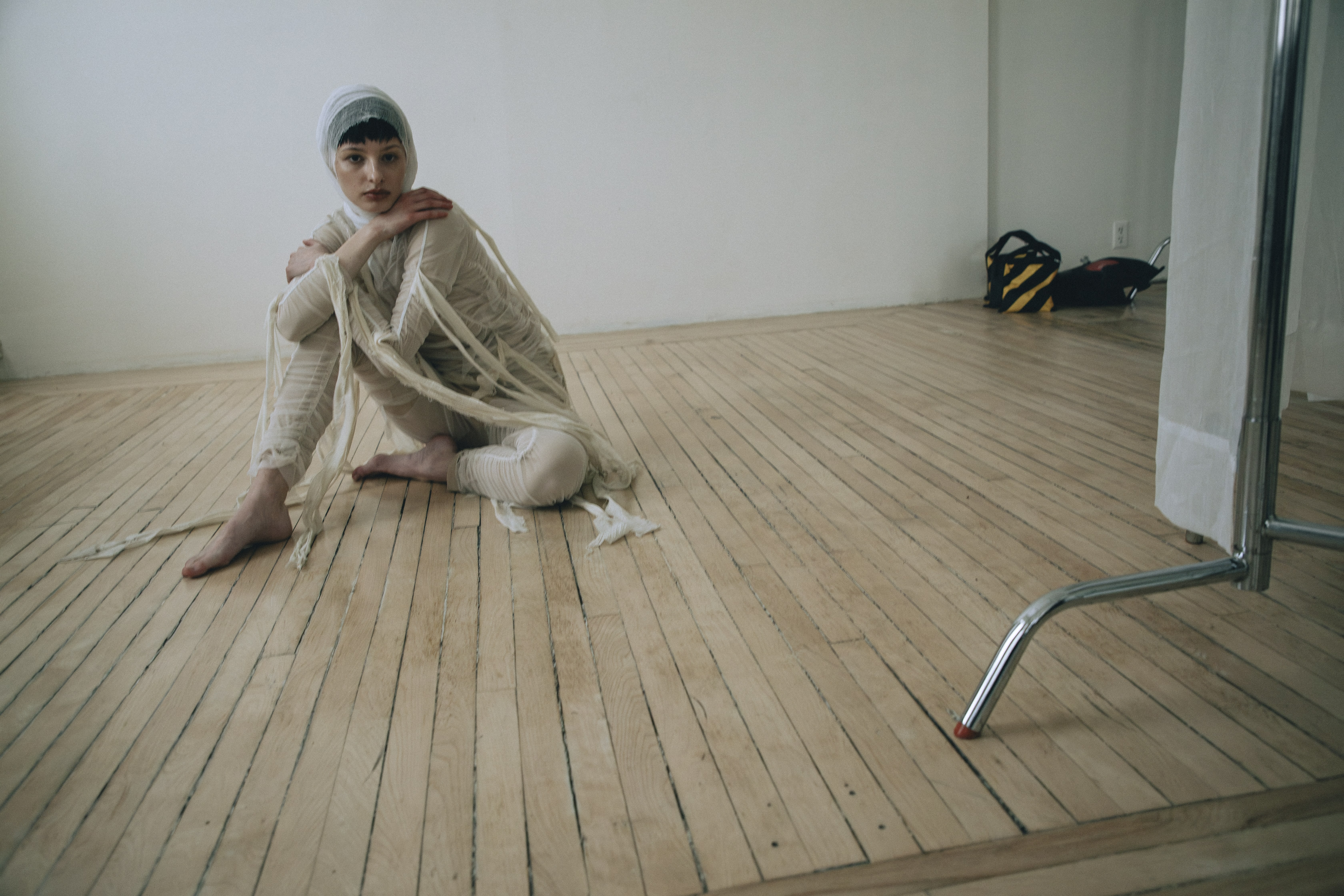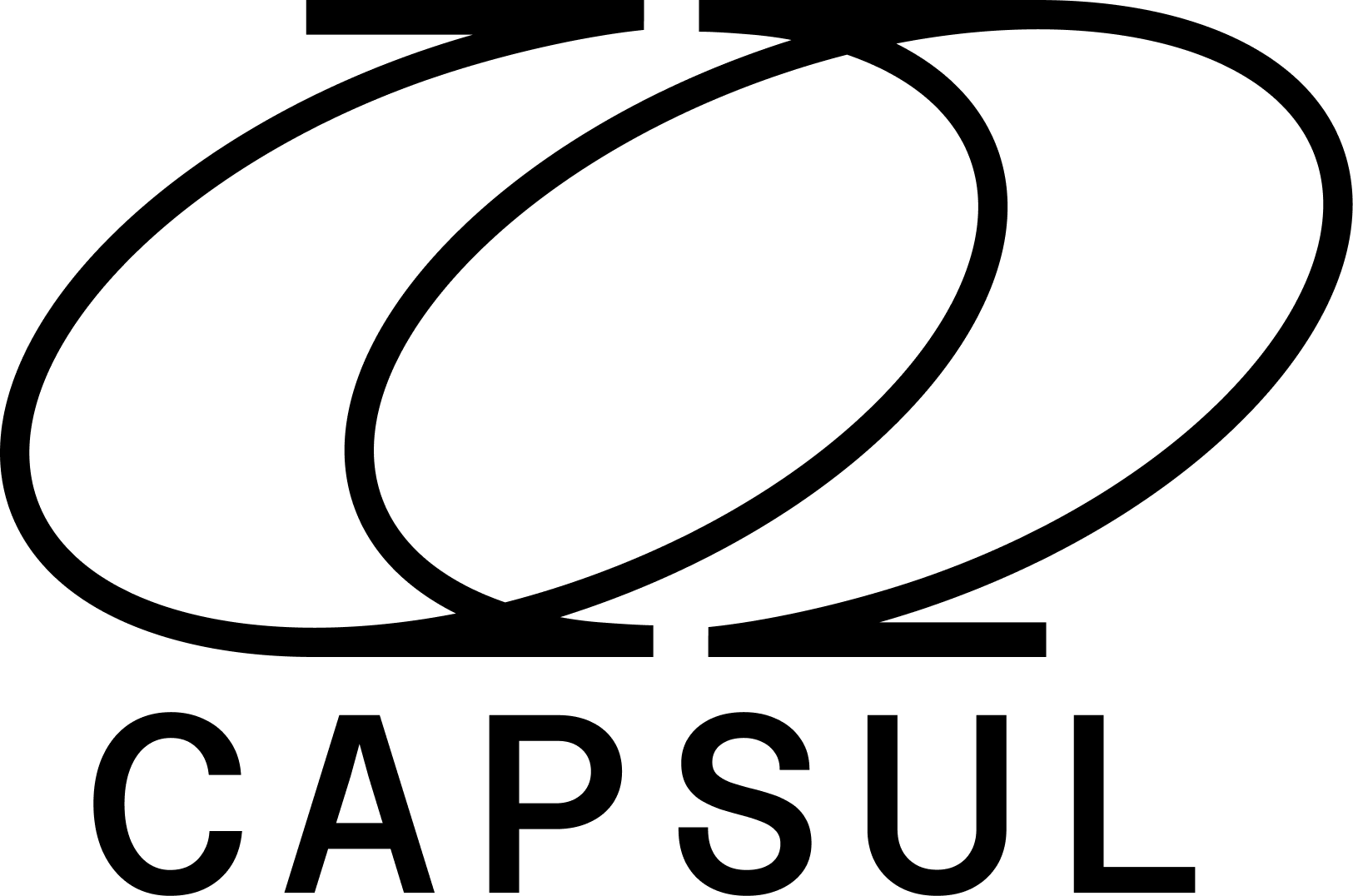BISH, WHERE DOES YOUR CREATIVITY LIVE?
“Ideas fly by. And if you don’t catch them, then it feels like something got missed. And then it’s up to you to catch the next one and the next one.”
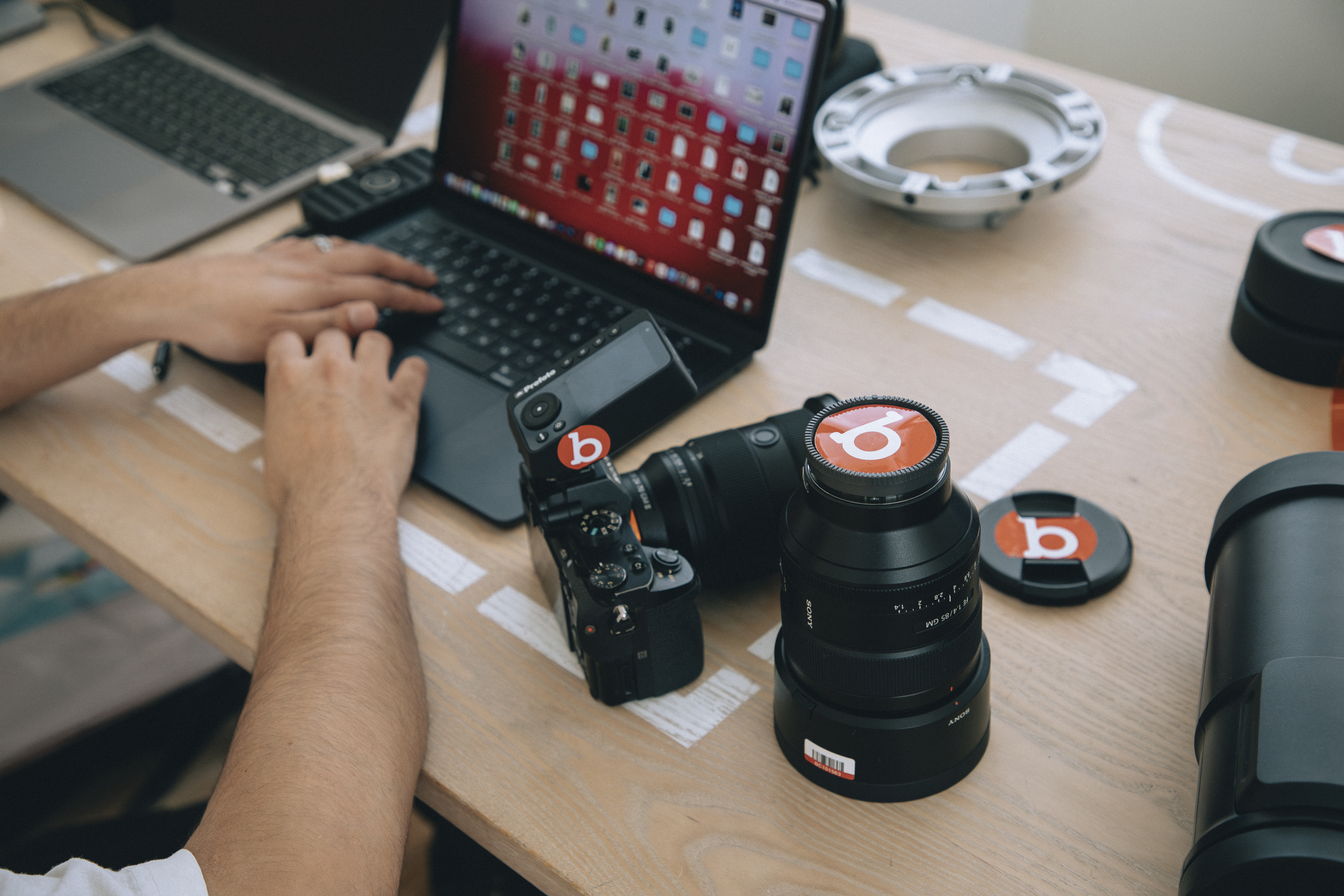
Q: What originally sparked your interest in photography? How long have you been working on your craft?
A: I initially wanted to go into film, because I had a great film teacher in high school. He got me interested in it but I didn't get into any film programs. In high school, I didn’t have anyone to make films with. So I started taking pictures. And the more I took pictures, the more I fell in love with it.
Q: How do you choose to photograph and capture the things you do?
A: I always focus on a lot of personal stuff. So whatever I’m going through, my relationship with my parents or my family, different topics on different types of closeness. But then when I started to photograph artists and do this more professionally, I think it became about curating and telling the story for whoever the client is.
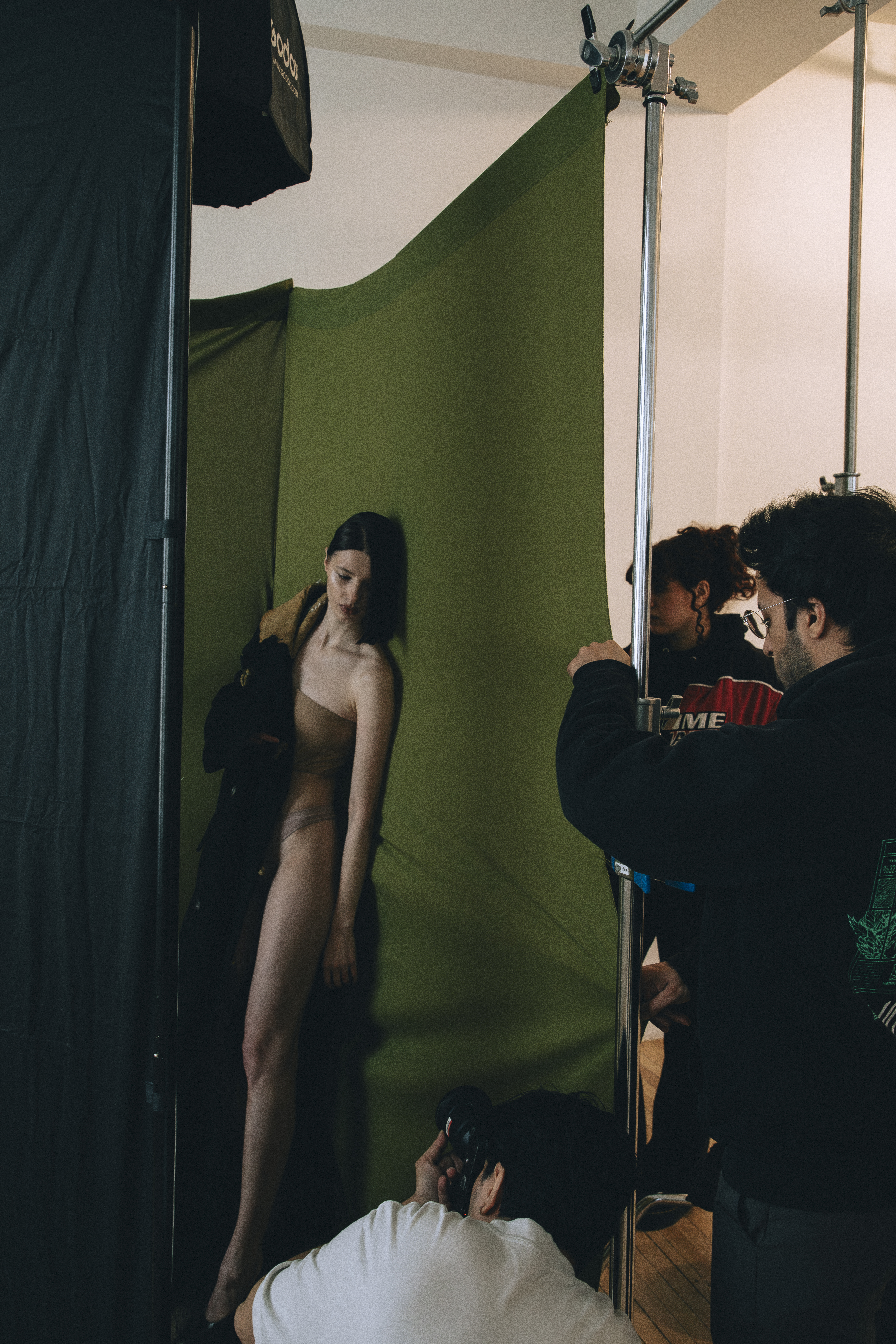
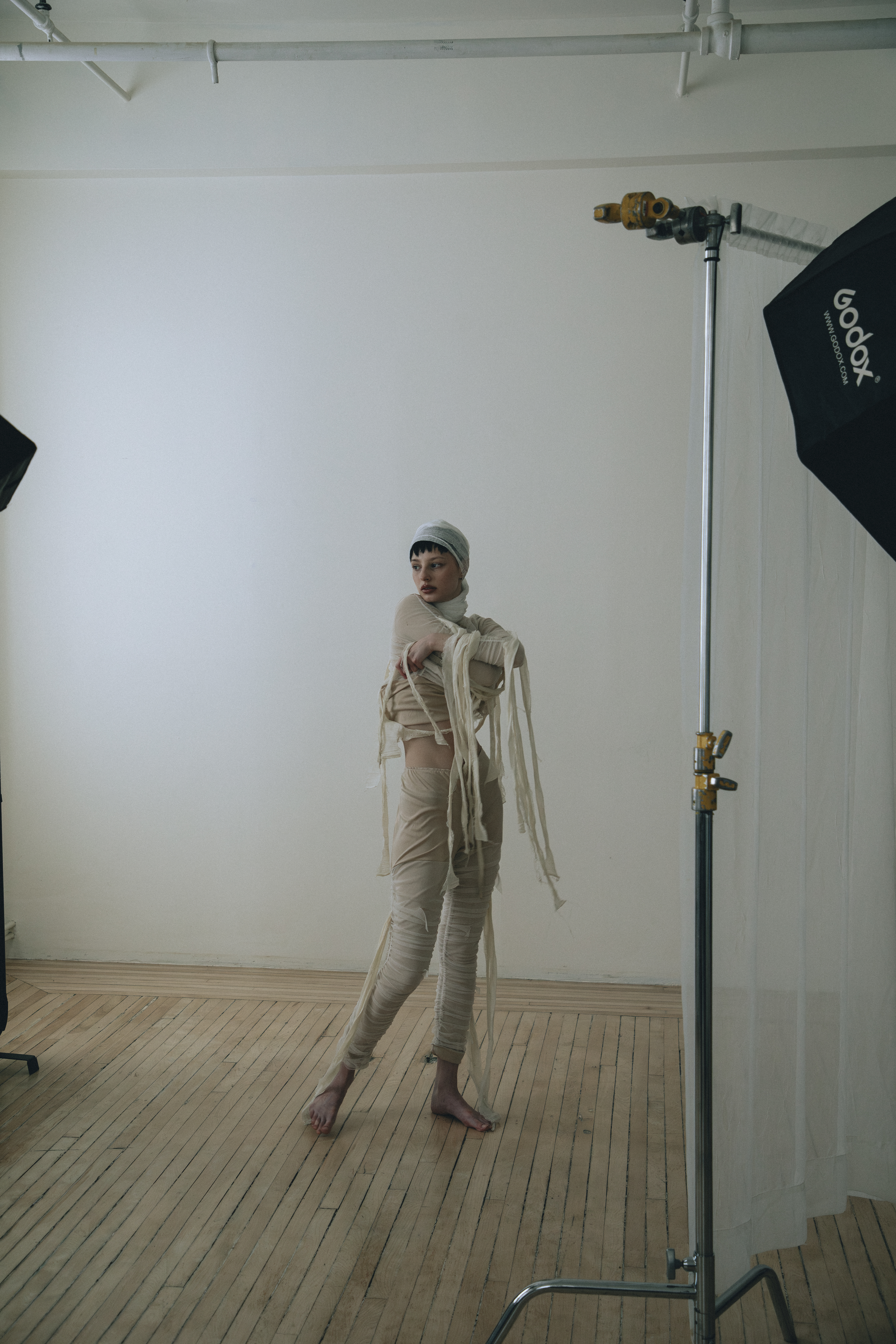
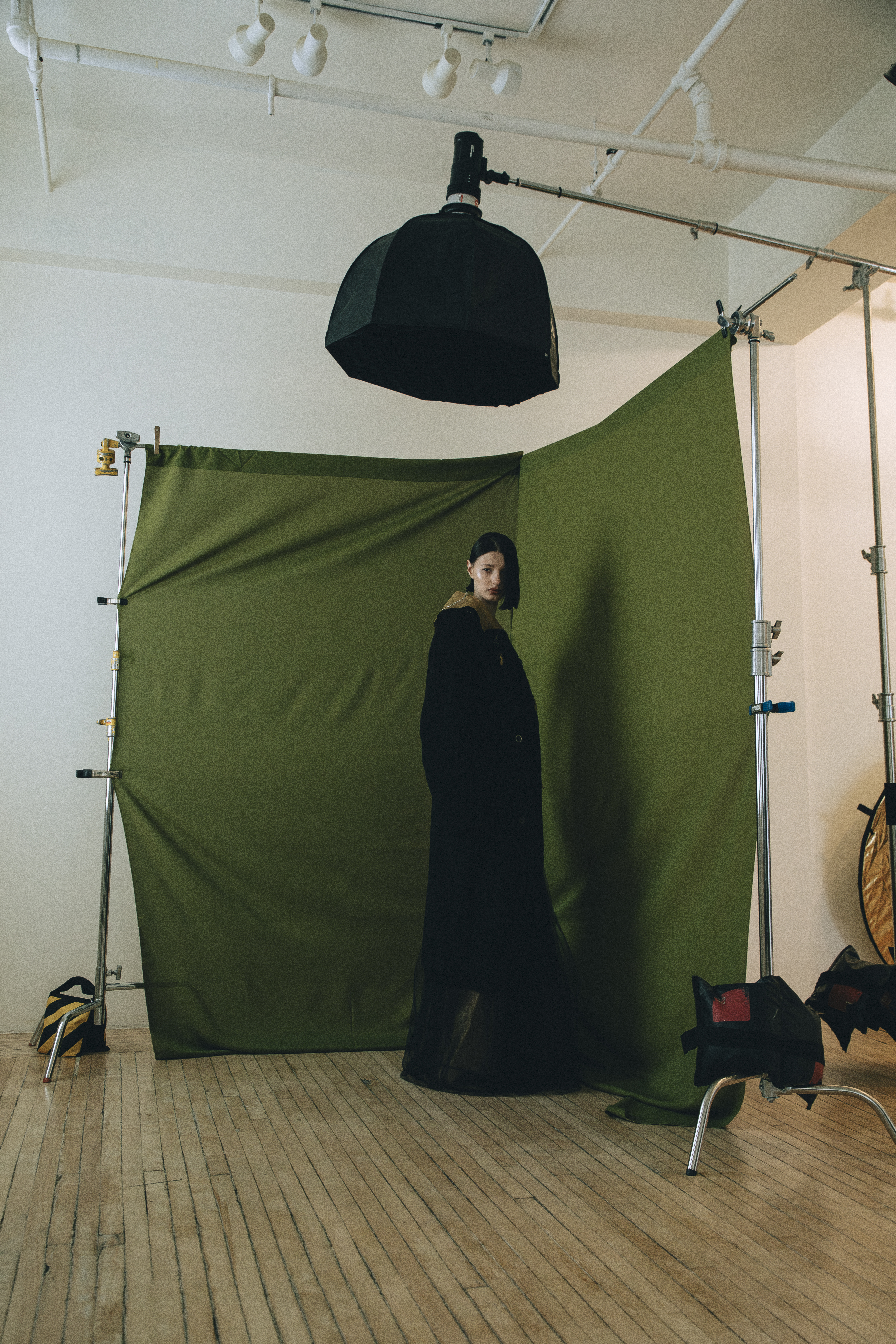
Q: When do you feel the most creative?
A: I don’t think we have this idea of “Oh, we’re going to dedicate like this block of time to be quote-unquote ‘creative.’” I just never have felt that way. I mean, even seeing songwriters, I've been in a lot of studio sessions too. And I think musicians are the perfect example of this. You don’t know where melodies are going to come from and at what moment. It’s not going to come when you’re in the studio with a producer. That’s why you have a voice note, you know? I do the same thing where I write stuff down in my notes because sometimes I'll just be having coffee with my friends or chilling or actively trying to work on an idea…it’s more like ideas fly by. And if you don't catch them then it feels like something got missed. And then it’s up to you to catch the next one and the next one.
Q: What’s one of your favourite things about being a photographer?
A: I don’t think we have this idea of “Oh, we’re going to dedicate like this block of time to be quote-unquote ‘creative.’” I just never have felt that way. I mean, even seeing songwriters, I've been in a lot of studio sessions too. And I think musicians are the perfect example of this. You don’t know where melodies are going to come from and at what moment. It’s not going to come when you’re in the studio with a producer. That’s why you have a voice note, you know? I do the same thing where I write stuff down in my notes because sometimes I'll just be having coffee with my friends or chilling or actively trying to work on an idea…it’s more like ideas fly by. And if you don't catch them then it feels like something got missed. And then it’s up to you to catch the next one and the next one.
Q: What’s one of your favourite things about being a photographer?
A: Whoever I photograph, whether it’s an artist or a model or whoever, seeing the photos for the first time. I think that’s always really, really cool. That goes hand in hand with being able to have a connection with someone that I'm photographing, that I couldn't have outside of photographing, even if they're my friend.

Q: Do you have a favourite photo you’ve taken or a memorable experience(s) connected to certain photos you’ve taken/projects you’ve worked on?
A: The favourite photo shoot I’ve ever done happened a couple of days ago at Capsul. It's something that I was working towards for two months and I planned it for two months, so it's an idea that I really wanted to do and I got to have full creative control. All the parts kind of came together and once we executed it, I was like, yeah, this is…I think for myself, it raised the bar to another level.
Q: Have there been any lessons you’ve learned in this profession/things that inform or influence the way you work?
A: It’s like a quantity game—just shoot, just take photos. I was at an event and someone was asking “Hey, I'm thinking about getting into photography,” And I was like, what are you thinking about? You have an iPhone, you can just shoot. You don’t have to think about anything. And I recently just adopted this myself because I used to be the person who planned out projects and thought about it a lot and all that stuff but I think more recently, it's been a case where it’s like, you do have to just go shoot.
A: The favourite photo shoot I’ve ever done happened a couple of days ago at Capsul. It's something that I was working towards for two months and I planned it for two months, so it's an idea that I really wanted to do and I got to have full creative control. All the parts kind of came together and once we executed it, I was like, yeah, this is…I think for myself, it raised the bar to another level.
Q: Have there been any lessons you’ve learned in this profession/things that inform or influence the way you work?
A: It’s like a quantity game—just shoot, just take photos. I was at an event and someone was asking “Hey, I'm thinking about getting into photography,” And I was like, what are you thinking about? You have an iPhone, you can just shoot. You don’t have to think about anything. And I recently just adopted this myself because I used to be the person who planned out projects and thought about it a lot and all that stuff but I think more recently, it's been a case where it’s like, you do have to just go shoot.
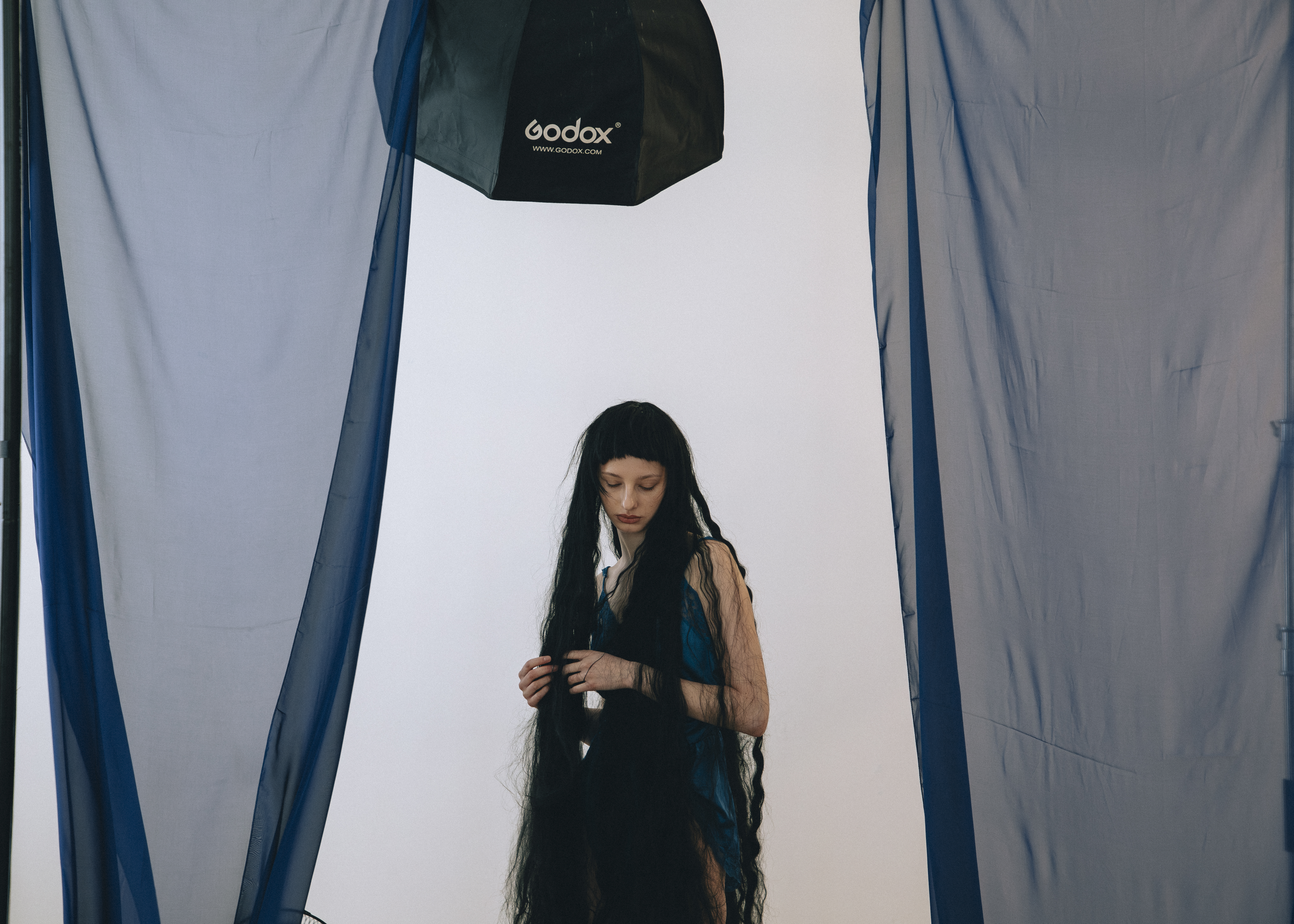
Q: What do you hope people see in your work? Are there certain themes or messages that you want them to take away?
A: I think for the longest time I wanted people to understand it. Understand my personal work, whatever i was putting out, all that stuff. But I think at this point, at least moving forward from now, I just want to be able to share it so that it’s not necessarily about someone completely understanding it and being like, “I get it, what you were trying to do.” It’s more about having conversations around it and being like, “This is what I think,” or “This is how it made me feel,” or “This is what I take from it.” And I think it reinforms me. I learn from people telling me about my work (as backward as that sounds) because I have a certain intention and a certain perspective going into it and making it. But somebody else is going to take it in a completely different way. No two opinions are the same. So when people start talking to me about it, I’ll be like, “Oh my god that's so fucking cool. I never even thought of it like that.” And I think that is really, really cool.

Q: Do you have any upcoming projects you’re excited to start working on?
A: I'm working on a small coffee table book inspired by the aesthetics that Petra Collins started off with, but I’m using an iPhone 5 for this instead. And I don’t know exactly what the topic is going to be, but right now it’s going to be around the idea of masculinity and what it means to me.
Q: Do you have an ultimate goal with your work?
A: I think the energy kind of shifted a little bit in 2025, because I remember my friend sending me the Timothée Chalamet speech, accepting the award for playing Bob Dylan. It’s subjective, but I don't want to downplay the Great I want to be. I’ve been saying that internally for a long time, but it feels right, now, to say it externally as well, and not feel guilty about being like, “I want to be at the level that McKnight is,” or I want to be at the level that a lot of these artists are, in terms of not just making good work, but making culturally good work. And making it culturally impactful, and creating a moment where you have a place in art history, even if it’s a sliver of it.
A: I'm working on a small coffee table book inspired by the aesthetics that Petra Collins started off with, but I’m using an iPhone 5 for this instead. And I don’t know exactly what the topic is going to be, but right now it’s going to be around the idea of masculinity and what it means to me.
Q: Do you have an ultimate goal with your work?
A: I think the energy kind of shifted a little bit in 2025, because I remember my friend sending me the Timothée Chalamet speech, accepting the award for playing Bob Dylan. It’s subjective, but I don't want to downplay the Great I want to be. I’ve been saying that internally for a long time, but it feels right, now, to say it externally as well, and not feel guilty about being like, “I want to be at the level that McKnight is,” or I want to be at the level that a lot of these artists are, in terms of not just making good work, but making culturally good work. And making it culturally impactful, and creating a moment where you have a place in art history, even if it’s a sliver of it.

